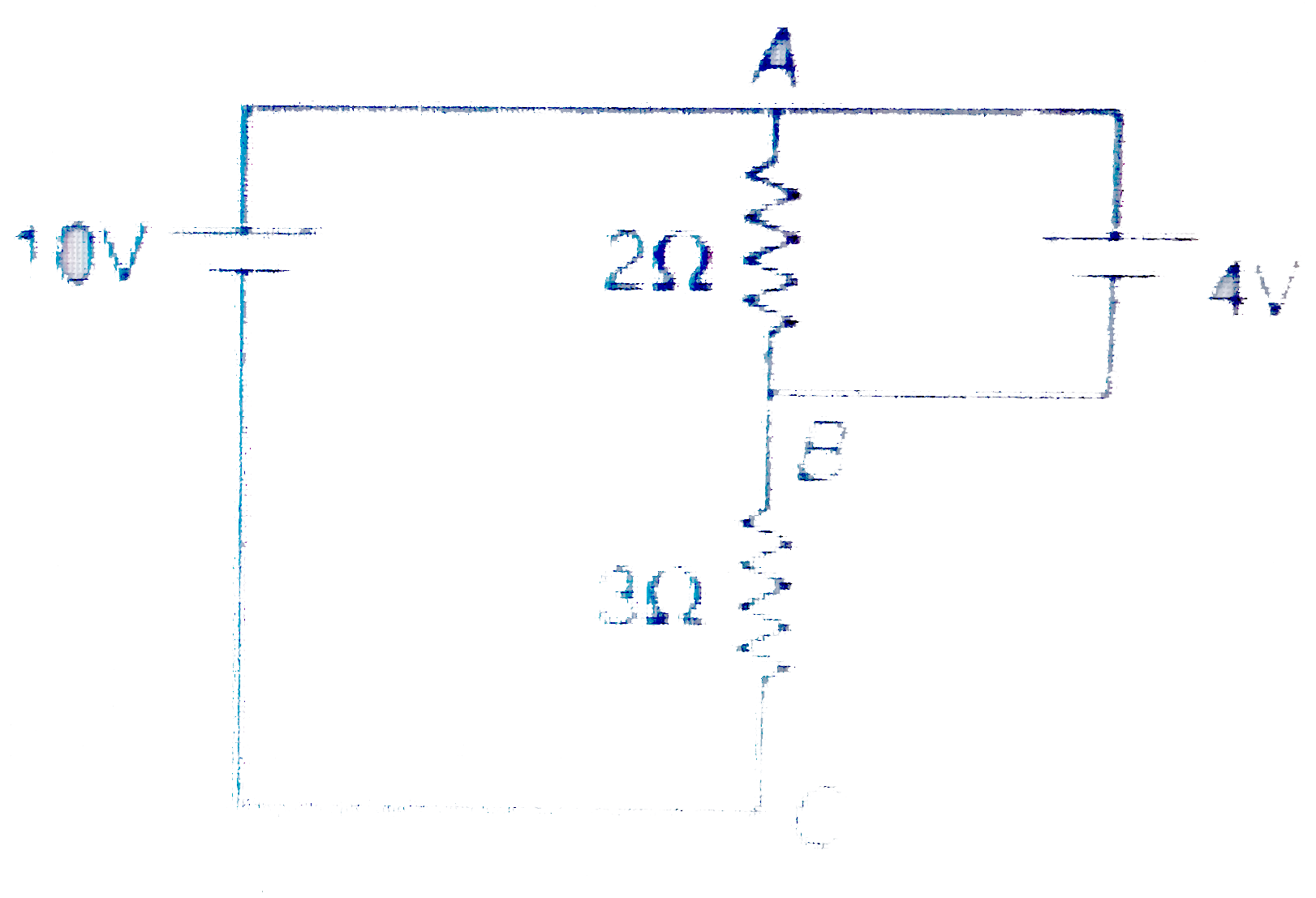How does the heat H produced by a current passing through a fixed resistance wire depend on the magnitude of current I?
Step by step video & image solution for How does the heat H produced by a current passing through a fixed resistance wire depend on the magnitude of current I? by Physics experts to help you in doubts & scoring excellent marks in Class 10 exams.
Updated on:21/07/2023Topper's Solved these Questions
- ELECTRICITY BOOK - LAKHMIR SINGH & MANJIT KAURCHAPTER - ELECTRICITY EXERCISE - Very Short Answer Type Questions
1 Videos
- ELECTRICITY BOOK - LAKHMIR SINGH & MANJIT KAURCHAPTER - ELECTRICITY EXERCISE - Short Answer Type Questions
2 Videos
- ELECTRICITY BOOK - LAKHMIR SINGH & MANJIT KAURCHAPTER - ELECTRICITY EXERCISE - Sample Problem
1 Videos
- MAGNETIC EFFECT OF ELECTRIC CURRENT BOOK - LAKHMIR SINGH & MANJIT KAURCHAPTER - MAGNETIC EFFECT OF ELECTRIC CURRENT EXERCISE - NCERT BOOK
2 Videos
Similar Questions
Knowledge Check
Current passing through 3Ω resistance is
 A143AB3AC2AD125A
A143AB3AC2AD125AThe electric current passing through a metallic wire produces heat because of
Acollision of conduction electrons with each otherBcollisions of the atoms of the metal with each otherCcollision of the conduction electron with the atoms of the metallic wireDnone of theseThe heat produced by passing an electric current through a fixed resistor is proportional to the square of:
Amagnitude of resistance of the resistorBtemperature of the resistorCmagnitude of currentDtime for which current is passed
How does the resistance of a wire depend upon its radius ?
View SolutionFind the heat produced in joule if a current of 0.1 A is passed through a coil of resistance 50 Ω for two minutes. Keeping other conditions the same if the length of the wire is reduced to 14 th the original length ( by cutting the wire), what will be the heat produced ?
View SolutionThe current in a wire depends
View SolutionThe current in a wire depends
View SolutionIf the current flowing through a fixed resistor is halved, the heat produced in it will become:
View Solution
